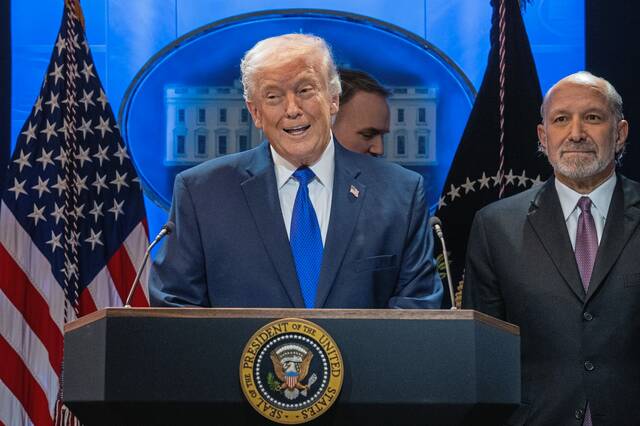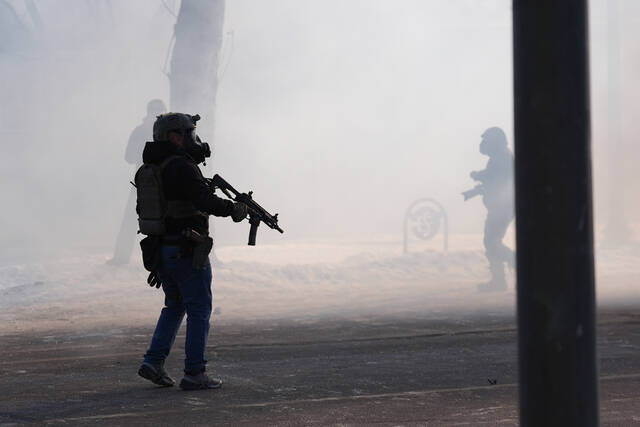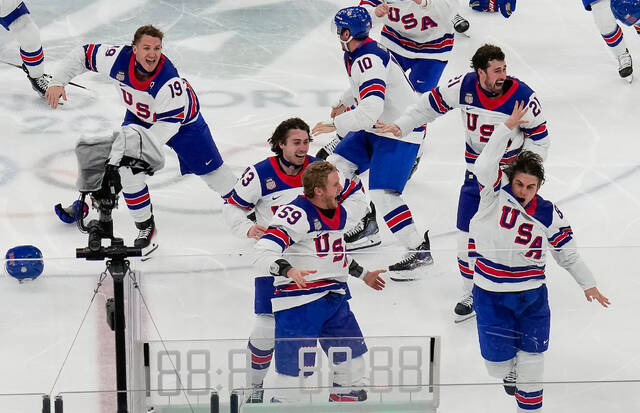The Pittsburgh Penguins orchestrated the highest profile trade of the off-season by snatching Erik Karlsson, the 2023 Norris Trophy winner, from the San Jose Sharks. The hope is that with their group of talented but aging stars, Pittsburgh has one last opportunity to compete for a Stanley Cup before their current roster fades out and retires.
Realistically, don’t bank on it.
Though the Penguins are interested in winning now, it required a creative mix of player exchanges to facilitate the trade. They did not have sufficient salary cap space to simply trade for Karlsson.
Enter the Montreal Canadiens. They had cap space to share, and personnel that they wanted to dump (Mike Hoffman). The end result was a three-team exchange of personnel and draft picks that gave the Penguins a star defenseman to complement their star forwards. The San Jose Sharks received a first round draft pick and some warm bodies to fill ice time during their rebuild. The Canadiens dumped two forwards, one with a horrible contract, and acquired one of their former defensemen (at a discount) and an insurance goalie, either of which they may flip for future draft picks before the season begins.
Most pundits said that the Penguins came out on top in the trade. They are gravely mistaken.
Looking into the future, the Penguins now only have Round 2, 4, 6 and 7 drafts picks in 2024. They also shed their Round 2 draft pick in 2025.
They also acquired a 33-year-old defenseman who has had several injuries throughout his career. When he is healthy, his play is exceptional. The question is whether he will remain healthy. Adding in the $10 million cap hit that the Penguins will have to absorb for four seasons, the risks are significant, even when the potential rewards are great.
It is understandable why the Penguins chose to make this trade. They are offering their aging stars one last chance to compete for a Stanley Cup. If their pursuit fails, the Penguins will need to enter a massive rebuild that will take several years to execute, given the age of their roster and their thin prospect pool.
What forced such a complex trade is the salary cap structure used by the NHL.
Each team’s salary cap is based on a percentage of the league’s revenue in the prior season. This gives team owners some relief in paying ridiculous salaries to attract multiple top stars and assemble the best team purely by buying it.
With salary caps, teams must balance talent and salaries to assemble their rosters.
The one exception is the playoffs. Teams have no salary caps during the playoffs. So if a highly paid star goes down mid-season, but can make it back for the playoffs, a team can field the best team during this period with no financial constraints. That is what the Tampa Bay Lightning did in 2021 when their star forward Nikita Kucherov came back from surgery just in time for the playoffs, with his $9.5 million salary not counted against the teams salary cap. Quite convenient.
If the Penguins had their say, having one or two of their highly paid star players injured during the regular season may be the best way for them to make a long playoff run, provided they can still make the playoffs and the players can make it back for the playoffs. No one can orchestrate such a plan, yet such a plan would be in their best interest.
Salary caps may be necessary to keep the NHL financially solvent. It has the unintended consequence of forcing general managers to be creative in managing their rosters. Putting the best roster together is easy. Doing it with a hard financial constraint demands imagination.
This means that every time a team wins the Stanley Cup, their roster will need to be revamped as their players demand raises that the team cannot afford to pay, to stay under the salary cap.
As the saying goes, in a relationship, the one who loves the least controls the relationship.
Pittsburgh needed Karlsson and paid dearly for him. San Jose needed to get rid of Karlsson, and had little leverage to get much for him. Montreal was the broker who had little skin in the game and won the trade.
Thank you, salary caps, for the entertainment.
Sheldon H. Jacobson is a computer science professor at the University of Illinois.








